Uppsala, Sweden may very well be the most random place that I've been. Not it the sense of it being remote or unknown, but in the sense that I had no particular reason to come here.
I've been in Sweden for two weeks now—longer than your average vacation, but certainly not long enough to know place.
What follows is more a smattering of first impressions than a characterization of a country in great depth—please take it as such. Uppsala was my introduction not only to Sweden, but to Scandinavia as a whole.
I very much found what I expected to—maybe morso than anywhere I've been. My context prior to arrival was little more than long summer days, high taxes, happy people. All true.
I was expecting to like the place, and I like it very much.
Uppsala is a truly beautiful little city, filled with parks and rivers, quaint cafes, an old university, and a large cathedral with twin steeples. Anyone looking to live suburban life in small city would be lucky to live here.
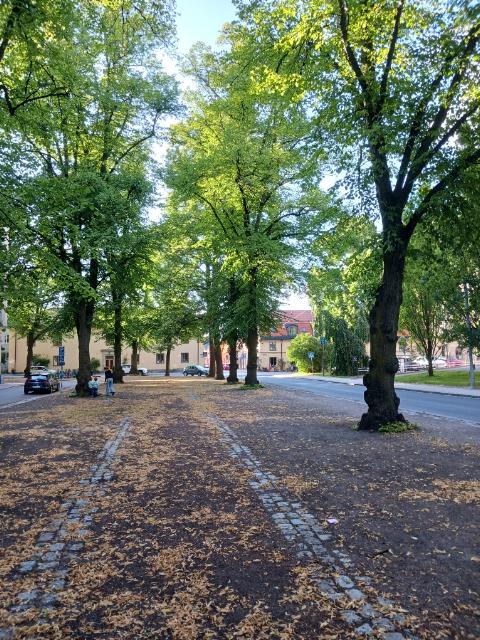
The city (population 177,000) is Sweden's fourth largest—that tells you a lot about a country that's home to only about 10 million people. Just under a million of them live in Stockholm, just a 45 minute drive away—Uppsala is really known as the university town in suburban Stockholm.
My family quite literally walked into home of a Swedish couple, Rikhard and Sanna, who were visiting San Diego while we slipped into their home. A small brick rowhouse about two miles outside of Uppsala's city center, I walked down the stairs each morning with pictures of their three blonde children following me down the staircase.
I drove their car. I listened to their music. I made burgers out of frozen ground beef that I found in their freezer on the night of our arrival. I went full Swede.
If the Greek Islands are dreamy, Sweden is peaceful. Almost eerily peaceful. It may sound like hyperbole, but in the two weeks that I was in Sweden I didn't hear a single sound that I would describe as loud save for an ambulance siren.
A strange observation? Certainly. But I noticed the lack of noise on just our second day, and started actively listening. I first heard something loud when an ambulance drove by, sirens wailing. Over the weeks ahead I heard three more ambulance sirens. That's it.
I was left with a strong impression that if you dropped a Swede in the midst of Manhattan, they may just spontaneously combust.
Everything in Sweden is orderly, clean, cared for. It's just... nice. There is nowhere near the variability of communities that you'll find in the US—it's just more consistently nice throughout.
At the very least, Sweden makes a case for paying higher taxes—I know that sentiment is borderline taboo for many people, but you feel those tax dollars at work. The infrastructure is better maintained. The amenities that are available to the general public are superb. It's very clear that taxes are put towards improving the quality of life of for Swedish people, while living in Sweden.
There's a more insular feeling and focus, as opposed to the more freewheeling, every-man-for-themselves culture of the US.
The order and architecture of the country often gives you the sense that you're walking the set of The Handmaid's Tale—Gilead vibes run deep, particularly on cloudy days.
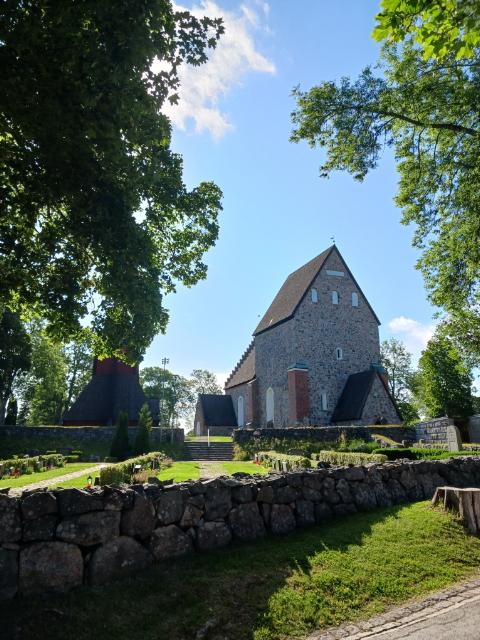
But that sense of structure and somber seems to somehow blend easily with all the best aspects of a summer camp in Maine. I spent an afternoon at Fjallnora Nature Reserve, jumping off a tall platform bolted to a raft in the middle of the lake, feeling as if I was back at Camp Belknap once again.
The most consistent advice I heard from Swedes was "get out in nature," and the countryside is certainly beautiful and aplenty.
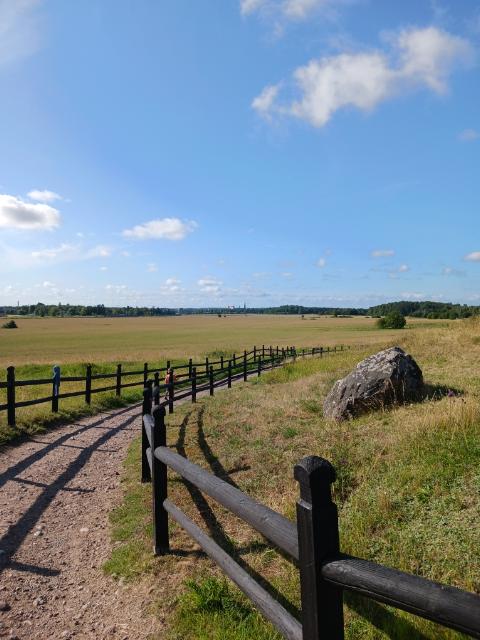
In the center of Uppsala, Stadstradgarden park is as good of a municipal park as you'll find anywhere, and throughout Sweden I had the sense that there was a park, a playground, and soccer field assigned to each citizen of the country.
There are enough Volvos to make my mom happy, and even more bikes.
Everyone we met was pleasant, although Sweden felt culturally conservative and reserved. This may have been exacerbated by coming from Greece immediately prior, but people generally seemed to stick to themselves. While nearly every conversation I saw between Greeks was animated, I don't think I saw an animated conversation between two Swedes.
I spent most of the two weeks wrestling with whether or not to consider the Swedes to be stylish. There is certainly a focus on aesthetics in the country, but I ultimately decided that Swedes have nice clothes but not great style.
I was initially thrown off by there being a clear affinity for fancy sunglasses, but I'll rack that up to the people just being overly (actually, appropriately) excited about sunshine after the long dark days of the winter months. And let's be honest—it's hard to call men stylish when jean shorts just a bit shorter than capris and Tevas make up your daily wardrobe.
There's generally a national obsession with kanelbullar—Swedish cinnamon roles dotted with crystalized cubes of sugar. They are wonderful, and also reflect a national affinity for cakes and pies. Sweets seem to play an important role in a place where it's so often cold and dark.
In many ways Sweden reminded me of both Germany and Holland, but a softer, more muted version without the vices. Uppsala felt like a small scale Amsterdam, without the weed and the prostitution, a small scale Cologne without the cigarettes and ice cream and beer. The Swedes seem to prefer a walk, a fruit juice, and perhaps a piece of cheesecake.
While that's the case, the national liquor store, System Bolaget, is truly a gem.
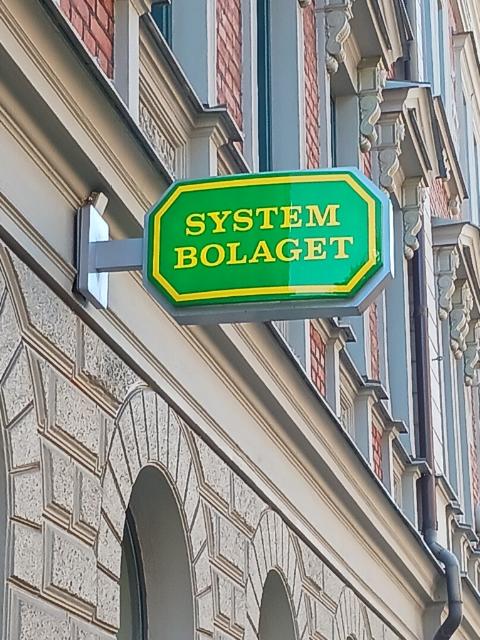
The place looks and feels like a Sephora, with endless rows of liquors, wines, and beers from around the world displayed proudly. Each Swedish lager seems to reach out to you, its chest puffed out triumphantly, presenting its case for a spot in your shopping cart.
And the grocery stores are all of exceptional quality too—they make most American grocery stores feel like Dollar Stores. I quickly developed a deep affection for this potato salad, which doubles as both a side dish and a dip for your sandwich.
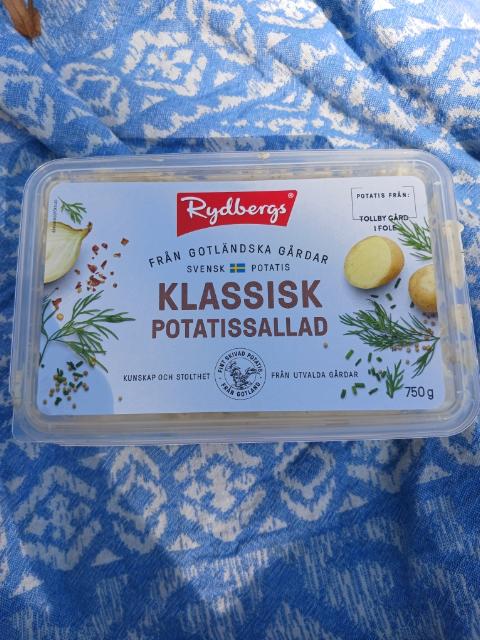
While Sweden is often cited as being very expensive, I found that to be overblown. It doesn't hold a candle to Switzerland, but nowhere does. While it's certainly not cheap, the cost of day-to-day living wasn't abnormal. The one exception was restaurants, which were consistently expensive. A beer routinely costs $10, a bottle of wine $50. Restaurant culture for most people seemed more of an occasion than a way of life.
Sweden is—without question—a very nice place. I know I wouldn't make it there in the winter, but the long summer days are romantic in their own right once you figure out how to get some sleep.
Sweden made me feel like living in utter peace is possible—life in the US feels like an episode of The Jersey Shore in comparison.
And I don't know if I can give it a higher compliment than that.

